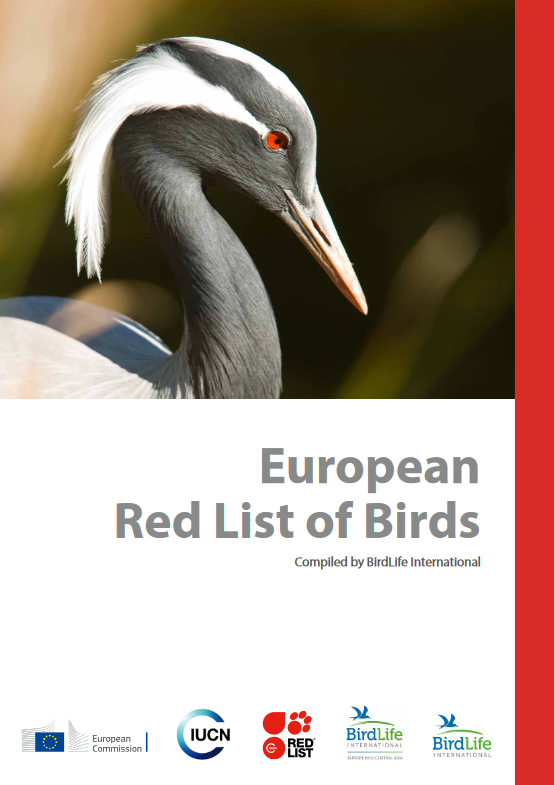The new BirdLife International red list of European birds is worth a long and detailed read – at first glance it seems to be a tale of woe with a few bright patches. So that seems quite accurate. But the fact that the bright patches are the result of conservation action gives us all hope.
Within these pages there is the small but significant change to the status of the White-headed Duck which has moved from Endangered to Vulnerable – the equivalent of out of intensive care into a normal hospital ward, perhaps.
For example, the White-headed Duck (Oxyura leucocephala) was previously Endangered in Europe. Thanks to long-term conservation action taking place and the elaboration and implementation of an international Species Action Plan (SAP) limiting the reduction and degradation of its habitat, the pressure of hunting, and the risk of hybridisation with the non-native Ruddy Duck (Oxyura jamaicensis); its rate of decline has now reduced to the point where it no longer meets the thresholds for qualifying as Endangered, and is now classified as Vulnerable.
https://www.birdlife.org/wp-content/uploads/2021/10/BirdLife-European-Red-List-of-Birds-2021.pdf page 18
Red Kite and Bearded Vulture have also been given more encouraging prognoses thanks to conservation action. Where we act, we can make a difference, although it still remains the case that widespread species, affected by land use, particularly farming, are still suffering. Most larks, buntings and shrikes in Europe have declining populations. In what way does that suggest that agriculture is sustainable?
[registration_form]
Re farmland birds, I can’t see that things are any better now than when Rachel Carson wrote Silent Spring. I can spend a couple of hours surveying farmland without seeing much more than carrion crows, magpies, woodpigeons and (on a good day) goldfinches. Trouble is new agro-chemicals are being introduced all the time and the balance of nature (to use a term from yesteryear) no longer applies.